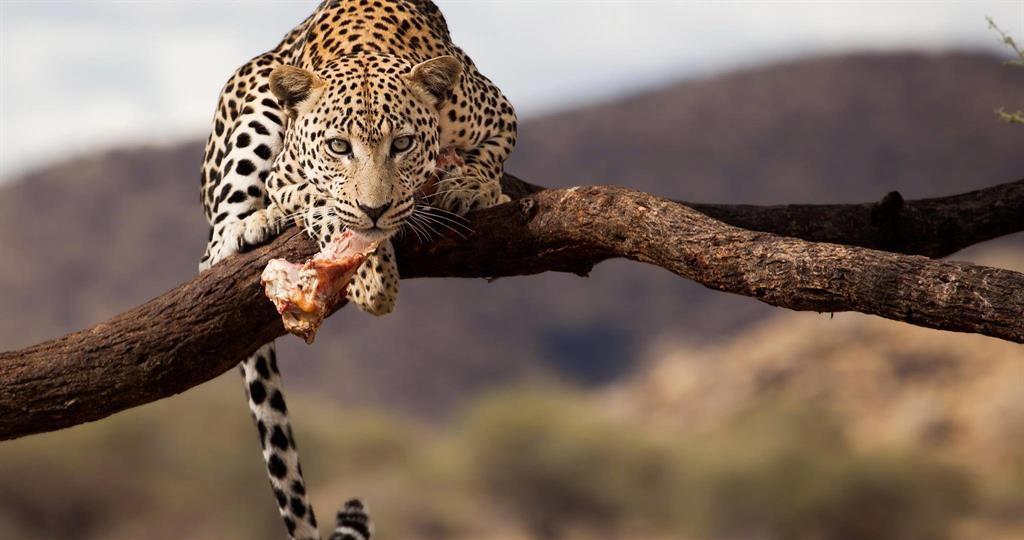World failing to address biodiversity crisis
ELLANIE SMIT
WINDHOEK
A sobering new report launched last week by the Convention on Biological Diversity highlights a collective global failure to address the biodiversity crisis humanity is facing.
It assessed progress against the nature conservation commitments made by world governments in 2010 for the decade ahead, known as the Aichi Biodiversity Targets.
These targets covered conservation, sustainable use and equitable benefit sharing from biodiversity. However, the new Global Biodiversity Outlook (GBO-5) report suggests that none of the 20 targets will be fully met in 2020.
According to the GBO-5, solutions are in reach, but time for decisive action is running out fast.
The report calls for a shift away from “business as usual” across a range of human activities, outlining eight transitions that recognise the value of biodiversity, the need to restore the ecosystems on which all human activity depends, and the urgency of reducing the negative impacts of such activity.
Key challenges
According to the report, in Namibia, key challenges to biodiversity conservation relate to the impacts of continued population growth, consumption and production patterns, as well as environmental threats, climate change and land degradation.
“Also, uncontrolled mining, particularly uranium and offshore diamond mining, and prospecting, unsustainable land management practices, some poorly directed tourism and recreation activities as well as human-wildlife conflict are amongst key threats to biodiversity in Namibia.”
It added that tourism and recreation in Namibia raise special concern since these activities are concentrated in some of Namibia's most ecologically sensitive areas.
Major threats
Meanwhile, it said land degradation and desertification are major threats to the communal areas, while bush encroachment continues to have a major impact on commercial farming areas.
“While communities in Namibia have come to appreciate the benefits that are to be gained from the sustainable use of wildlife, human-wildlife conflict is emerging as a potentially serious problem, particularly in areas adjacent to protected areas. Damage to crops and essential infrastructure, such as water points and power lines by elephants, as well as livestock mortalities caused by the increasing abundance of predators, can understandably arouse the anger of local communities.”
Several project and policy interventions are underway to address these threats, according to the report.
WINDHOEK
A sobering new report launched last week by the Convention on Biological Diversity highlights a collective global failure to address the biodiversity crisis humanity is facing.
It assessed progress against the nature conservation commitments made by world governments in 2010 for the decade ahead, known as the Aichi Biodiversity Targets.
These targets covered conservation, sustainable use and equitable benefit sharing from biodiversity. However, the new Global Biodiversity Outlook (GBO-5) report suggests that none of the 20 targets will be fully met in 2020.
According to the GBO-5, solutions are in reach, but time for decisive action is running out fast.
The report calls for a shift away from “business as usual” across a range of human activities, outlining eight transitions that recognise the value of biodiversity, the need to restore the ecosystems on which all human activity depends, and the urgency of reducing the negative impacts of such activity.
Key challenges
According to the report, in Namibia, key challenges to biodiversity conservation relate to the impacts of continued population growth, consumption and production patterns, as well as environmental threats, climate change and land degradation.
“Also, uncontrolled mining, particularly uranium and offshore diamond mining, and prospecting, unsustainable land management practices, some poorly directed tourism and recreation activities as well as human-wildlife conflict are amongst key threats to biodiversity in Namibia.”
It added that tourism and recreation in Namibia raise special concern since these activities are concentrated in some of Namibia's most ecologically sensitive areas.
Major threats
Meanwhile, it said land degradation and desertification are major threats to the communal areas, while bush encroachment continues to have a major impact on commercial farming areas.
“While communities in Namibia have come to appreciate the benefits that are to be gained from the sustainable use of wildlife, human-wildlife conflict is emerging as a potentially serious problem, particularly in areas adjacent to protected areas. Damage to crops and essential infrastructure, such as water points and power lines by elephants, as well as livestock mortalities caused by the increasing abundance of predators, can understandably arouse the anger of local communities.”
Several project and policy interventions are underway to address these threats, according to the report.





Comments
Namibian Sun
No comments have been left on this article